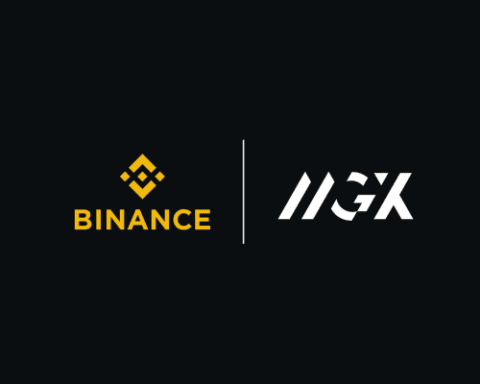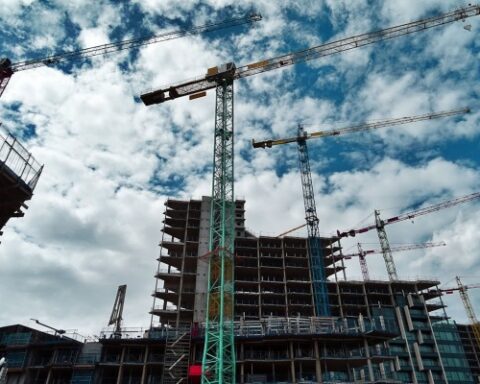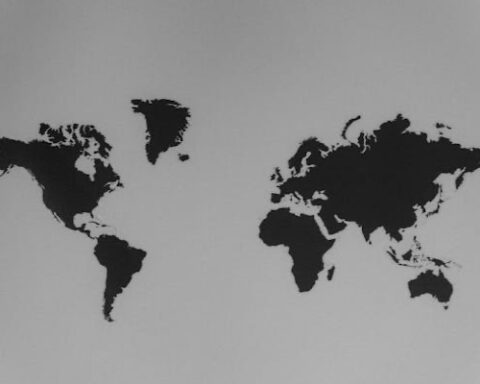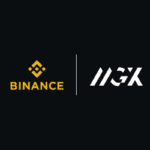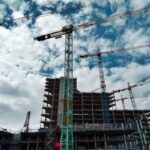South Africa is privileged to benefit from an active and diverse free press, which reflects a plurality of views across the country’s cultural, linguistic and economic spectrums.
A free press is a key component of a free democracy because it supports citizens in making responsible, informed choices. The quality, maturity and sustainability of our media is even more critical as we see the proliferation of misinformation on social media, and the deliberate creation and promotion of false narratives.
Second, the vetted information the media provides acts as a “checking function” by ensuring that elected representatives and other leaders uphold their oaths of office and the standards to which they need to adhere to build a just, fair and prosperous society.
The media has played a key role in the advent, preservation and ongoing maturation of South Africa’s young democracy.
By helping to ensure accountability, it fearlessly highlighted the worst excesses of apartheid, turned the spotlight on state capture and revealed the extent to which the private sector had become tainted by corruption.
Democracy does indeed die in darkness. Without the media doggedly pursuing the truth, we may never have known the extent to which our country was endangered by crime, corruption and poor governance.
Deepening democracy
But the media cannot maintain this vital contribution to South African society without help. The pressure the media is under globally is well documented; as the media’s profitability declines, newsrooms shrink, and this vital champion of truth is placed in ever greater jeopardy as social media hoovers up advertising spend.
In South Africa, iconic titles have announced their closure; investigative journalism, so critical in the fight against state capture, is poorly funded; and, in August, media expert Anton Harber forecast a bleak future for traditional newspapers:
“Apart from the online news sites, it looks like quite soon all we will have is the SABC, perhaps one other television news channel, and the independent specialist units and outlets that depend on philanthropic funding,” he wrote.
The Currency team represent some of the bravest, most independent journalists working in South Africa today. Their courage and determination have exposed government wrongdoing, corporate fraud and the corruption permeating entire sectors of our economy.
Our support for Currency and other key independent media in South Africa is part of our commitment to the country that we call home, and to ensuring that we maintain a vibrant, robust and fearlessly independent media cohort that’s well equipped to protect our democracy.
South Africa would be a poorer, more opaque and less hopeful place without the media’s contribution.
Thabo Khojane is MD of Ninety One

